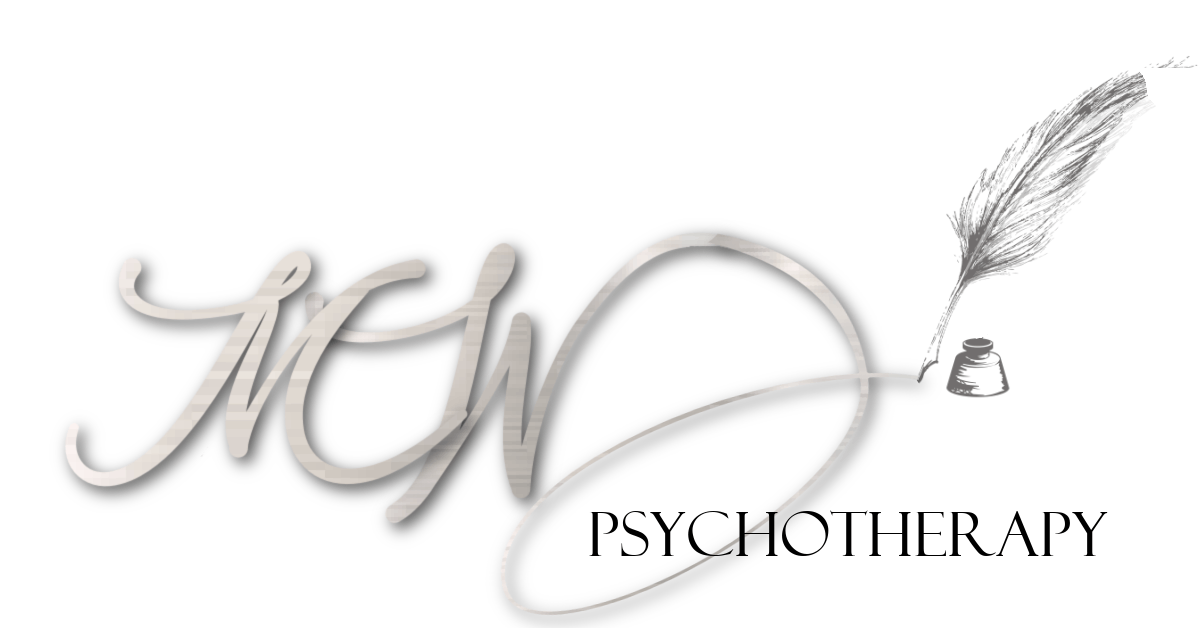Our practice is dedicated to providing compassionate and effective therapy services to individuals, couples, and families in need of support. At MW Psychotherapy, we understand that everyone’s journey is unique, and we strive to create a safe and non-judgmental space for you to explore your emotions, thoughts, and experiences.
Our team of highly skilled therapists is committed to helping you navigate life’s challenges, overcome obstacles, and discover your inner strength.
We offer a wide range of therapeutic approaches tailored to meet your specific needs. Whether you are seeking assistance for anxiety, depression, trauma, relationship issues, or any other mental health concern, we are here to help. Our therapists utilize evidence-based practices combined with a holistic and personalized approach to promote your overall well-being.
We believe in the power of collaboration and work closely with you to develop a treatment plan that aligns with your goals and values. Through a warm and empathetic therapeutic relationship, we aim to empower you with the tools and insights necessary to make meaningful and lasting changes in your life.
Your mental health matters, and seeking therapy is a courageous step towards self-discovery and growth. We invite you to explore our website and learn more about our practice. If you have any questions or would like to schedule an appointment, please don’t hesitate to reach out. We look forward to being a part of your healing journey at MW Psychotherapy.

